Commentary: What next as the Government looks beyond disinformation in targeting foreign influence in Singapore
As the Government develops its position on tackling foreign interference, a sharper focus could be placed on how to deal with agents, money and hacks, says Channel NewsAsia’s Jaime Ho.

Illustration: Rafa Estrada
SINGAPORE: Speaking in Parliament on Feb 12, Senior Minister of State for Law Edwin Tong opened a second front on Singapore’s war on foreign influence.
With legislation already on the cards for deliberate online falsehoods (DOFs), the Government’s attention has shifted in parallel to specific foreign and state actors, intent on interfering in Singapore’s domestic politics via other means.
Quite apart from dealing with lies and disinformation campaigns, which were well documented via hearings of the Select Committee on DOFs last year, Mr Tong stressed that “in the physical world, foreign actors may also interfere in our domestic politics through the use of proxies, by funding or donating to politically-involved individuals and organisations, or by taking on key leadership roles in their organisations”.
Substantiating his point, Mr Tong used the examples of foreign interference in the politics of Australia and New Zealand, channelled through political donations.
As the Government develops its position over the coming year, it will be important that threats be clearly defined, and sharper focus could be placed on three key areas.
DEALING WITH ‘AGENTS OF INFLUENCE’
In his speech, Mr Tong raised the case of Professor Huang Jing.
In August 2017, the Ministry of Home Affairs (MHA) announced the explosive news of its intention to expel Huang, then an academic at the Lee Kuan Yew School of Public Policy (LKYSPP). He was called an “agent of influence of a foreign country”.
Huang was said to have “deliberately and covertly” advanced the agenda of a foreign country at Singapore’s expense. He did this in collaboration with foreign intelligence agents, and this amounted to “subversion and foreign interference” in Singapore’s domestic politics, MHA said. The Ministry has till now not identified this foreign country.
And what tools did the Ministry have at its disposal to deal with Huang?
As it so transpired, action came via his residency status and the Immigration Act.
Huang was designated an “undesirable immigrant” under Section 8(3)(k), which ultimately led to his residency in Singapore being cancelled.
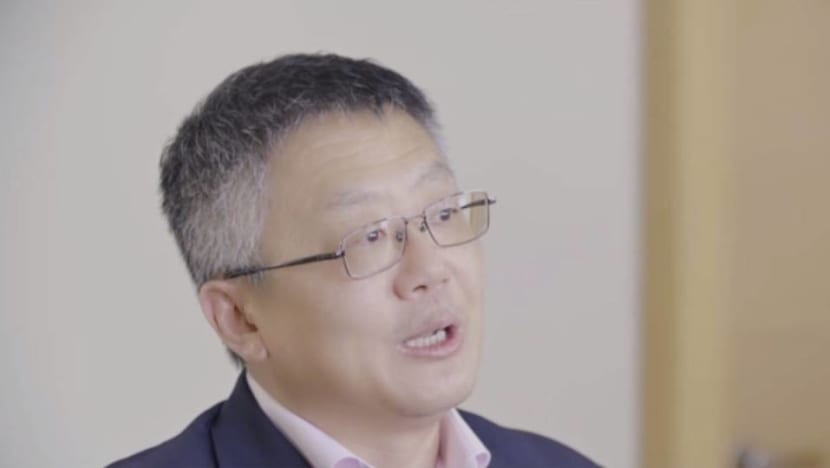
No criminal charges have been levelled at Huang.
Going forward, the question is whether the Government should develop new tools to deal with the likes of Huang, and others, specifically as foreign agents.
READ: Digital Defence pillar added to Singapore's Total Defence framework to strengthen cybersecurity
In his speech in Parliament, Mr Tong also spoke of proxies, the suggestion being that Singaporeans acting at the behest of foreign actors will also have to be addressed.
This perhaps is where guidance can be taken from other jurisdictions.
One of the more long-standing tools often referred to is the United States’ Foreign Agents Registration Act (FARA).
FARA requires individuals who act as agents of foreign principals in a “political or quasi-political capacity” to “make public disclosure (emphasis added) of their relationship with the principal, as well as detail activities, payment or funding associated with those activities, according to the Department of Justice.
In recent months, Australia has also put in place the Foreign Influence Transparency Scheme (FITS), aimed similarly at mandating self-reporting of activities by foreign agents, establishing a public registry of agents, and providing for enforcement and criminal prosecution against failure to register.
At the heart of such legislation are two things: The clear definition of what constitutes a foreign agent and his activities, and the importance of transparency in providing for full public scrutiny of the activities of all individuals and organisations which have registered as foreign agents.
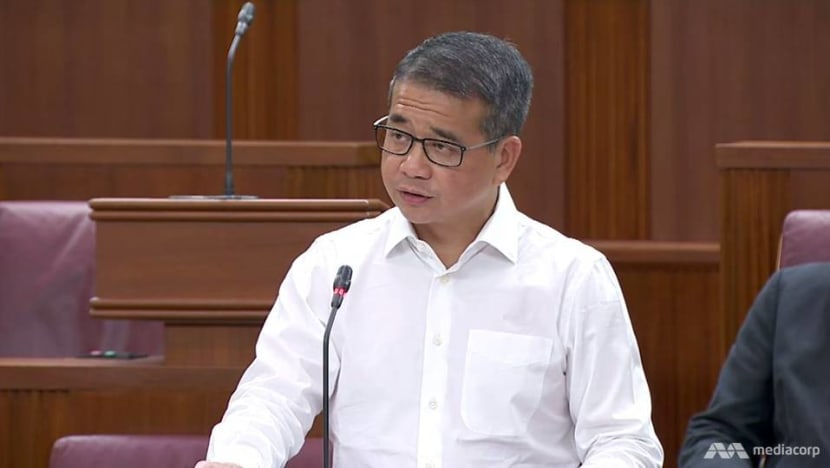
DEALING WITH MONEY
Besides dealing with the acts of people, jurisdictions are increasingly looking into the influence of money. For example, in parallel with its move to tighten controls over foreign influence via FITS, Australia is also mulling enhanced regulation of foreign political donations.
In Singapore, the possibility of direct foreign influence via political donations is already precluded via the Political Donations Act (PDA), which at the outset was crafted as legislation to “prohibit foreign donations”.
That said, as authorities mull new or updated legislation, it will be timely to review the entire framework on political funding, precisely to address not just direct foreign intervention, but to mitigate the potential use of proxies.
As it stands, the PDA mandates that designated political associations submit annual reports to the Registrar of Political Donations detailing all recordable donations.
It may be time for such annual reports, together with the register of all donations under the Registrar, to be made public and readily searchable.
Greater transparency over political funding can provide guidance and set the stage for systemic change in other areas where the influence of money should be better scrutinised.
READ: Would you know if you’ve been fed a deliberate online falsehood? Probably not, a commentary
For example, in recent months, foreign influence in the work of research institutes has come under scrutiny in the United States.
In August last year, the Department of Health and Human Services (DHHS) said it had become “aware that some foreign entities have mounted systematic programs to influence NIH (National Institutes of Health) researchers and peer reviewers and to take advantage of the long tradition of trust, fairness, and excellence of NIH supported research activities".
Further, it noted the failure by some researchers working at US-funded institution to “to disclose substantial resources from other organizations, including foreign governments, which threatens to distort decisions about the appropriate use of NIH funds".
There are no doubt lessons for Singapore's vibrant academic and research community on the need for due process and transparency in dealing with foreign influence.
Another positive spillover that a mindset shift over funding can provide is in corporate funding.
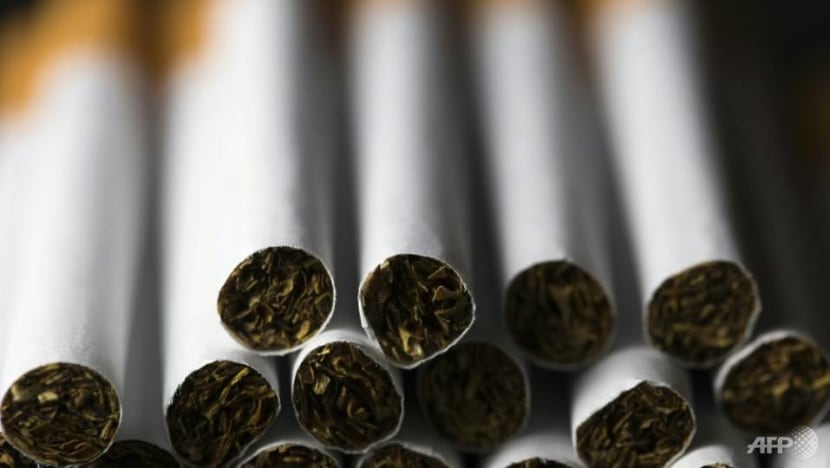
In a January speech outlining the Government's cautious approach on e-cigarettes, Senior Parliamentary Secretary for Health Amrin Amin pointed to the nexus between the tobacco and the e-cigarette industries, and the role lobbyists and “experts” play in championing the cause of liberalisation.
He said: "When you hear so-called experts sharing their views — do ask whether they are being funded or influenced by tobacco lobbyists."
Therein lies the crux. Setting aside the ins and outs of the debate being proffered by both sides, the key data point needed for all citizens is funding.
If Singaporeans are to follow the money, whether foreign or corporate, the data must be made available for them to do so.
READ: To tackle deliberate online falsehoods, look also to non-legislative efforts, a commentary
DEALING WITH HACKS AND LEAKS
Foreign influence through the strategic use of information does not just reside in the creation of lies.
The truth can also be weaponised as a tool of foreign influence.
The hacking into, and release of emails from the Democratic National Committee (DNC) in July 2016 has been characterised as a clear attempt to influence the 2016 US Presidential campaign.
This week (Feb 18), Australian Prime Minister Scott Morrison announced that an unnamed “state actor” had hacked into the networks of main political parties, and the Australian parliament.
Hacks in Singapore have happened and will continue to happen, but the protection of democratic processes – especially at the level of the political party – presents a unique opportunity for the Government to play a crucial non-partisan role.
In recent years, both the Australian and Dutch governments have spoken to the role that their governments would play in helping all political parties secure their networks.
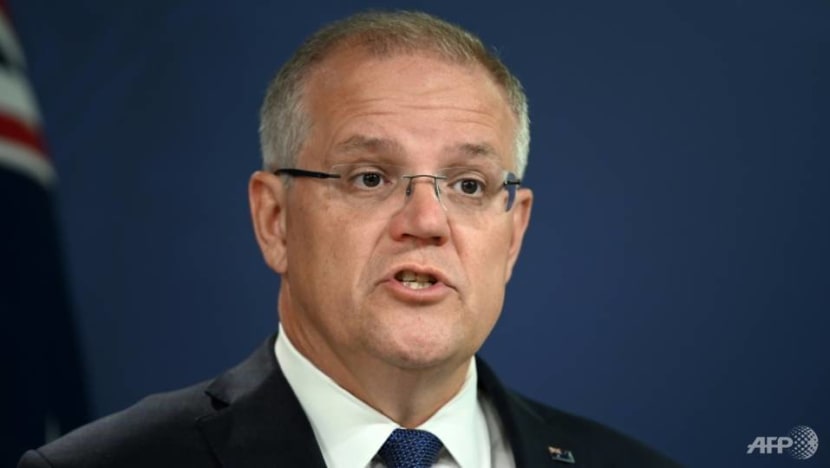
This is a crucial point. While any government must itself be expected to maintain the highest levels of cybersecurity, political parties can be a glaring weak spot. Any party – big or small, in government or in opposition – that is compromised weakens trust, creates uncertainty and harms the overall democratic system. There are no winners in such scenarios.
Initiatives aimed at bolstering cybersecurity across the political spectrum would of course be predicated on trust and openness between all parties involved, based on the understanding that foreign influence is a fundamentally non-partisan issue.
Besides taking steps at prevention, greater focus must also be placed on the “what next” scenarios, once privileged information is leaked with hostile intent.
While the Government may look into strengthening legislative and regulatory frameworks, it has already been shown that tools such as the Official Secrets Act (OSA) provide little respite once information has been released.
Tech and social media companies may step in. But again, action is rarely immediate, and these companies will continue to maintain independent thresholds to determine in what circumstances and how access to information can be restricted.
Where then does the answer lie?
To finally go back to a point also made by Mr Tong: Singaporeans are the “first line of defence”. They would do well to take reference from French reactions to the so-called “Macron leaks” that were, like the DNC leaks, aimed at turning voters away from then-candidate Emmanuel Macron in the lead-up to the French presidential elections in 2017.
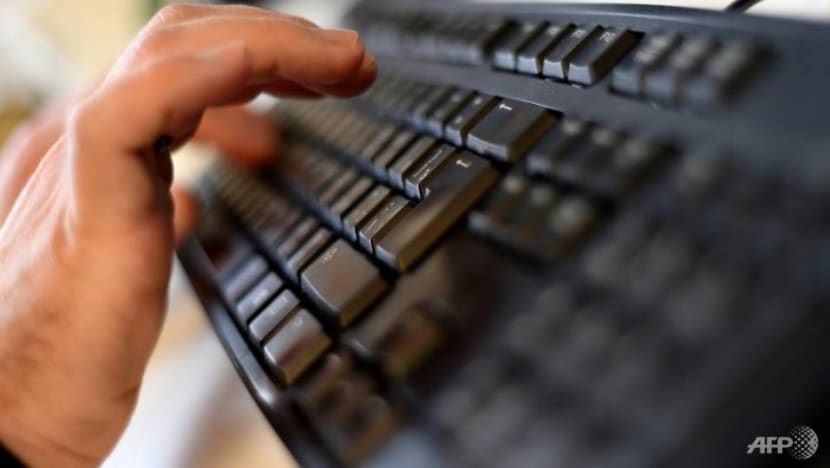
Having seen what had happened in the US, and later in the UK referendum on Brexit, it has been argued that the French electorate simply didn’t want to get into that game.
The onus will similarly lie on Singaporeans to learn to identify the presence of and fingerprints behind foreign influence.
The best tools to help citizens do so are to strengthen access to information through greater transparency, which will bolster their ability to discern the benign from the malign, and be sophisticated enough to make the right decisions as and when the malicious political leak lands in Singapore.
Jaime Ho is Chief Editor at Channel NewsAsia Digital News.












